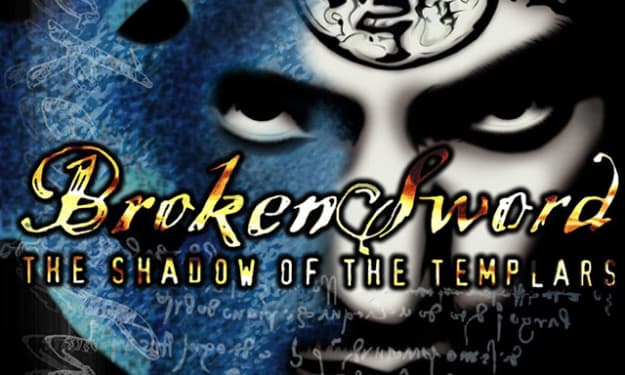The weird thing I liked about Myst
How one tiny feature made the puzzle game memorable

I love adventure games. And I love puzzle games. If you would've told me that right as I emerged into video games as a kid, I'm sure people would've recommended the original Myst left and right. It only makes sense as a '90s millenial that got his start with a Game Boy Pocket. However, there were numerous roadblocks to my early gaming days. Growing up in the rural hills of Appalachia Ohio, there were only technological trickle-downs. Our home computer wasn't powerful enough to run any Myst games — I tried. So when I serendipitously stumbled upon the Myst port for the Xbox One as a 31-one-year-old, it was a no-brainer. I had to play the game that inspired all the Myst-likes I already love, cherish, and proudly display in my top 100 video game power rankings. And it was precisely what I thought it would be — and that's a good (maybe even great) thing. The world was built in the 1990s and the graphics, despite being somewhat brushed up for the ported version, exuded a blockier charm.
But the first island was endearing and ornate enough to keep me busy without being over-the-top. There was a rocket ship on one coast of the island, a clocktower on the end, a sunken pirate ship, and a mysterious morphing library full of secrets — and screaming goobers trapped with its books. I didn't know what I had gotten myself into when I cracked up the seemingly innocuous blue and red books only to be met with the hooting and hollering of Sirrus and Achenar. They were almost terrifying in their own way, to be honest. I digress, however, because, despite Myst's trailblazing puzzle concepts, there was something simple that I latched onto when I reached my second age: Mechanical.
Now, I loved all the different Ages that the game transported you to. They were all unique enough to be memorable in their own right: Selenitic's patchwork geography, Channelwood's treehouses, or Stoneship's subnautic reminiscence of my love for BioShock. And there were a lot of different features that I loved within Mechanical as well, like the dichotomy of the two brother's chambers and the furnishings that each possessed.
But Mechanical's sky was the strange and random feature that gave me pause. The clouds that hung over Mechincal's clockwork facility caught my eye. I thought they were beautiful in their own overcast puffy, pixelated way. It's not like they even looked all that realistic. But they just moved back and forth like a time-lapse National Geographic program with patches of white computerized cumulonimbus and grey shading. They moved into an endless and meaningless horizon on all sides. And it was serene. There wasn't anything to bother me in this game; there were puzzles to solve and a story to unravel — no enemies or fighting. There was something peaceful about looking at the endless loop of clouds like one was listening to an ASMR video or a white-noise machine — cathartic and calming.
I mentioned my top video games earlier, and I use a hidden factor when judging the games that go on there: nostalgia and how it affects my life in the real world. And Myst is on the list because now, when the weather is just right, and the clouds are hanging in the sky, I reflect on the short time I spent in Myst, and I think about the tranquility I experienced in the Mechanical Age. It's not flashy, it wasn't complicated, and it's kind of strange, but it was simplicity in its purest form. And it's something that made me happy.
About the Creator
Shawn Digity
Video game storyteller





Comments
There are no comments for this story
Be the first to respond and start the conversation.